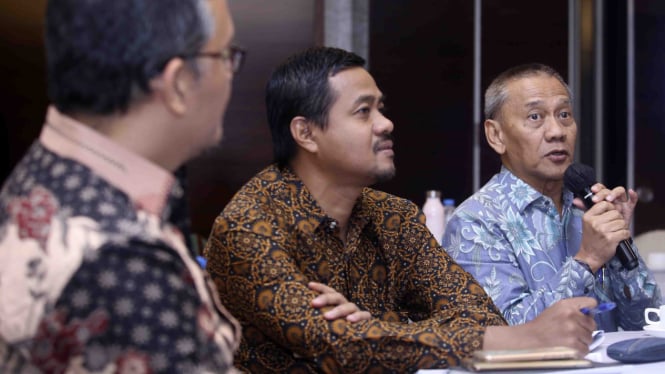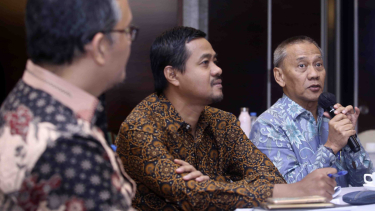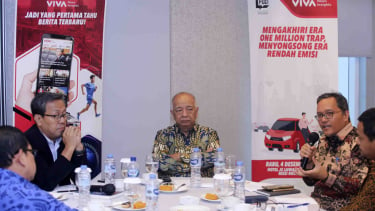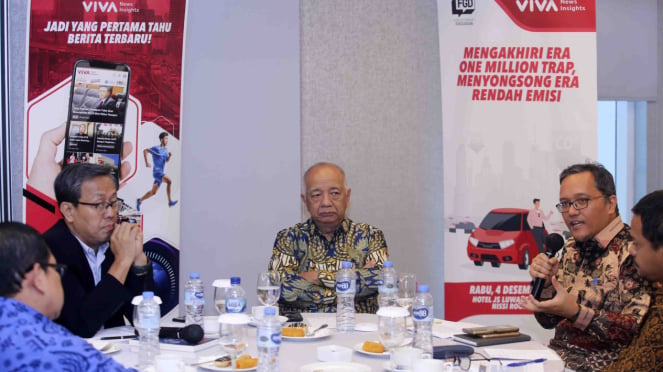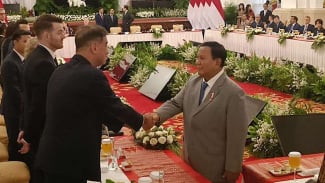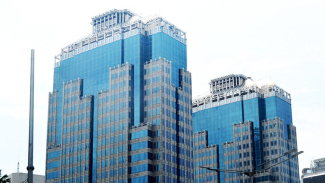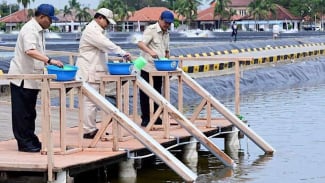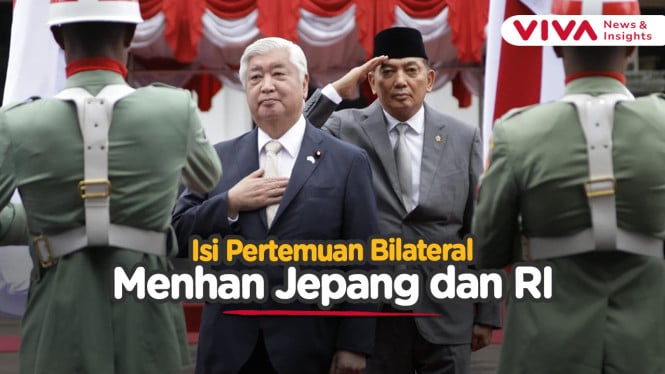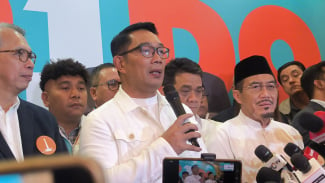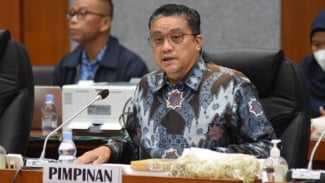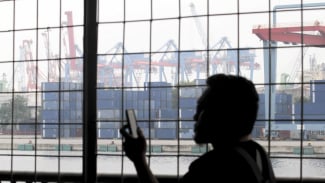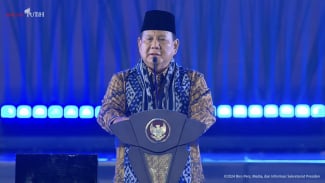How to Overcome One Million Car Sales Trap in Indonesia
Kamis, 5 Desember 2024 - 13:16 WIB
Jakarta, VIVA – Indonesia's automotive industry is currently facing significant challenges, particularly the one million trap, referring to the national car sales plateau of one million units, which has persisted for about a decade.
During the Focus Group Discussion (FGD) "Automotive Outlook 2024: Ending the One Million Trap, Embracing the Low-Emission Era" organized by VIVA.co.id in Jakarta, it was noted that despite this challenge, vehicle sales remain robust, especially with the industry entering the electrification era.
The Ministry of Industry reported that from January to October 2024, Indonesia produced 996,000 four-wheeled vehicles, with domestic sales reaching 710,000 units and exports totaling 390,000 units.
Andi Oscar La Galigo, Chair of the Working Team for Non-Battery Electric Land Transport Industry, Directorate General of Metal, Machinery, Transportation Equipment, and Electronics Industries (ILMATE) at the Ministry of Industry, stated that despite the low vehicle ownership ratio, the Indonesian market is rapidly growing.
"Indonesia holds a 30 percent of market share in ASEAN, with one million unit sales in a population of 666 million people across ASEAN and 280 million people in Indonesia. It shows the immense potential of Indonesia's automotive market," he said.
An Senior Economist and BCA Commissioner Cyrillus Harinowo shared similar statementthe automotive industry continues to experience promising growth despite the sales stagnation at one million units.
"Compared to G20 countries, Indonesia still has strong economic growth, second only to India and Singapore. The automotive industry has a very bright future, especially with green energy and electric vehicles," Harinowo stated.
FGD VIVA.co.id, Mengakhiri One Million Trap, Menyongsong Era Rendah Emisi
FGD VIVA.co.id, Mengakhiri One Million Trap, Menyongsong Era Rendah Emisi
Meanwhile, Ekko Harjanto, Deputy Assistant for Industry Development at the Coordinating Ministry for Economic Affairs, outlined strategies to address the "one million trap," including luxury goods sales tax (PPnBM) relaxation.
"The government provides PPnBM relaxation for certain vehicles, especially environmentally friendly ones such as Low Carbon Emission Vehicles (LCEVs) and Battery Electric Vehicles (BEVs). This is expected to reduce vehicle prices and make them more affordable for consumers," he said.
He also mentioned that the government offers various incentives for Battery Electric Vehicles (BEVs), such as PPnBM exemptions, 0 percent import duties for vehicles with local assembly commitments, and tax allowances.
Additionally, the government aims to encourage the development of Low Cost Green Cars (LCGCs) to meet the needs of the middle-to-lower income segments, expanding the consumer base for motor vehicles in Indonesia.
Kukuh Kumara, Secretary General of the Association of Indonesian Automotive Industries (Gaikindo), emphasized that vehicle manufacturers need to diversify their product portfolios, including electric, hybrid, and biofuel vehicles, as well as more affordable models.
"Manufacturers are also encouraged to produce vehicles tailored to the needs of markets outside Java, where demand growth continues to rise," Kumara explained.
The latest trends show a shift in vehicle demand from Java-Bali to regions outside Java.
The market share outside Java increased from 38 market in 2019 to 62 market in 2024, providing significant opportunities for manufacturers to expand distribution and penetrate previously underserved areas.
The government is also intensifying the "Proudly Made in Indonesia" campaign to boost public preference for domestically manufactured vehicles, aiming to increase domestic sales, especially in the middle and entry-level segments.
Halaman Selanjutnya
Meanwhile, Ekko Harjanto, Deputy Assistant for Industry Development at the Coordinating Ministry for Economic Affairs, outlined strategies to address the "one million trap," including luxury goods sales tax (PPnBM) relaxation. "The government provides PPnBM relaxation for certain vehicles, especially environmentally friendly ones such as Low Carbon Emission Vehicles (LCEVs) and Battery Electric Vehicles (BEVs). This is expected to reduce vehicle prices and make them more affordable for consumers," he said. He also mentioned that the government offers various incentives for Battery Electric Vehicles (BEVs), such as PPnBM exemptions, 0 percent import duties for vehicles with local assembly commitments, and tax allowances. Additionally, the government aims to encourage the development of Low Cost Green Cars (LCGCs) to meet the needs of the middle-to-lower income segments, expanding the consumer base for motor vehicles in Indonesia. Kukuh Kumara, Secretary General of the Association of Indonesian Automotive Industries (Gaikindo), emphasized that vehicle manufacturers need to diversify their product portfolios, including electric, hybrid, and biofuel vehicles, as well as more affordable models. "Manufacturers are also encouraged to produce vehicles tailored to the needs of markets outside Java, where demand growth continues to rise," Kumara explained.
![Halaman Selanjutnya Halaman Selanjutnya]()
